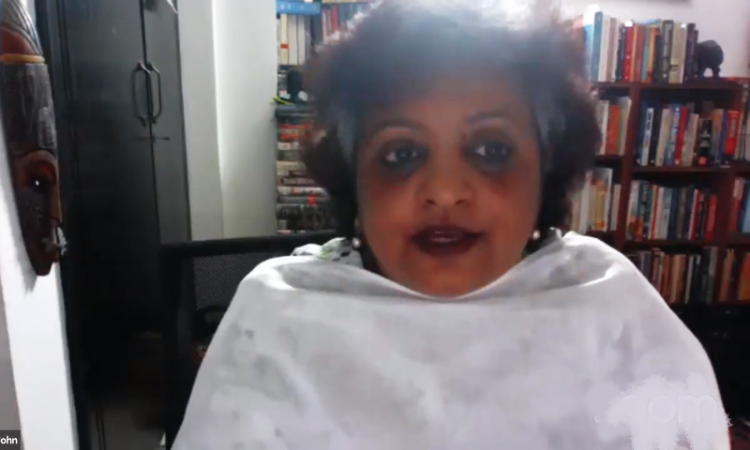Defence Strategies During Bail, Remand & Investigation : From Senior Adv Rebecca M John
LIVELAW NEWS NETWORK
18 July 2020 12:32 PM IST

Next Story
18 July 2020 12:32 PM IST
In a highly educative and enlightening session, Senior Advocate Rebecca M John discussed various important strategies, that could be employed by defence lawyers for an effective criminal trial.John, who has handled notable cases such as Arushi Talwar, Hashimpura, 2G trial etc, was talking at a webinar organized by LiveLaw on the topic "Strategies of a Defense Lawyer in a Criminal Case" as part...
